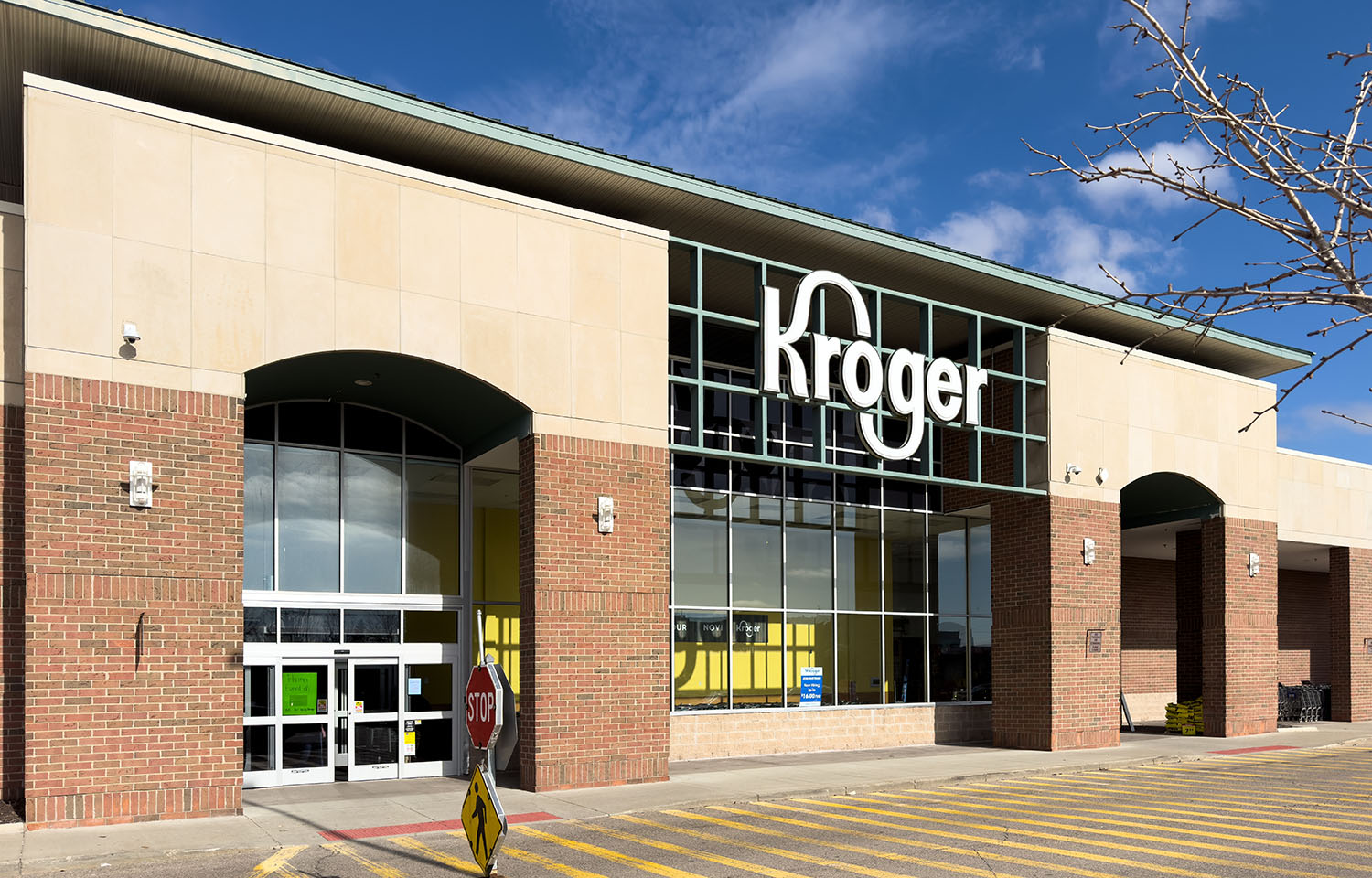Following on a ruling by a federal judge that temporarily halted a USD 25 billion (EUR 22.9 billion) merger of the Kroger and Albertsons grocery chains, a group of 25 U.S. legislators have filed an amicus brief calling for the deal to be blocked from advancing.
Colorado Attorney General Phil Weiser sued to block the proposed merger in mid-February, claiming the merger of the two retail giants would eliminate competition and impact prices, especially in Colorado.
U.S. Senator Ron Wyden (D-Oregon) and U.S. Representative Pramila Jayapal (D-Washington) led a group of congresspeople in filing the amicus brief on 2 August. They urged the U.S District Court for the District of Oregon to grant the U.S. Federal Trade Commission’s (FTC) request for a preliminary injunction in the case. Their brief outlines three major concerns with the merger: harm to consumers, harm to workers, and the growing consolidation of grocery chains leading to monopolistic practices.
“A Kroger and Albertsons merger will mean higher prices and an even tougher time finding a pharmacy,” Wyden, the chair of the U.S. Senate Finance Committee, said in a press release. “Every measure should be taken to ensure Oregonians can still fill their prescriptions and put food on the table. Blocking this merger would give mom-and-pop shops a strong line of defense against corporate giants – all while protecting our rural communities.”
In Washington state, 124 grocery stores will be sold off if the merger proceeds, including nearly 70 in the greater Seattle area, Jayapal said.
“There are many questions about what this merger could mean for store closures, or their quality if they remain,” she said. “There is no doubt that this merger would mean fewer options, and it will likely lead to higher prices, more food deserts, and layoffs of hardworking, union employees.”
Wyden and Jayapal warned the FTC has determined the proposed deal will eliminate competition, leading to higher prices and lower-quality products at stores.
"These negative impacts were seen in 2015 when Albertsons merged with Safeway, resulting in store closures and higher consumer costs,” they said.
In a statement, a Kroger spokesperson said "it is disappointing that elected officials continue to misinform their constituents and attempt to influence the independent judicial process that is underway."
"The reality is that Kroger joining with Albertsons will mean lower prices and more choices for more customers in more communities, long-term job security, higher wages and more industry-leading benefits for associates, and a strong unionized workforce," the spokesperson said. "Kroger intends to invest an additional USD 1 billion to increase wages and expand comprehensive benefits for associates beginning day one post-close, building on the additional USD 2.4 billion we’ve invested to support associates since 2018. The divestiture plan builds on these commitments by ensuring zero stores, including pharmacies, will close as a result of the merger, all frontline associates will remain employed, all existing collective bargaining agreements will continue, and associates will continue to receive industry-leading benefits alongside bargained-for wages. If the merger is blocked, the non-union retailers like Walmart and Amazon will become even more powerful and unaccountable.”
The merger is part of a larger trend toward consolidation in the supermarket industry, according to the legislators.
“The U.S. has one-third fewer grocery stores than 25 years ago. Aside from the direct threats this poses to consumers and workers, it gives large grocery chains monopoly power to disadvantage smaller, independent grocers and farms,” they said.
At a 25 July hearing on the case in Denver, Colorado, Judge Andrew J. Luxen issued a preliminary injunction blocking the deal. He also canceled a hearing set for next month. The trial on Weiser’s suit is set to begin 30 September.
Additionally, due to public concern, the FTC and the U.S. Department of Justice plan to launch an investigation into high grocery prices, FTC Chair Lina Khan said at a meeting on 1 August.








